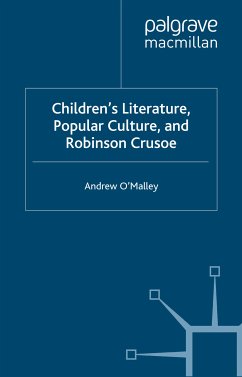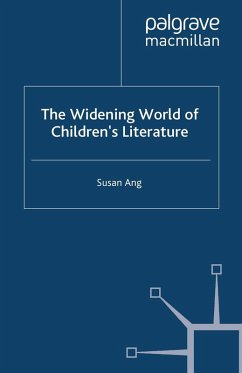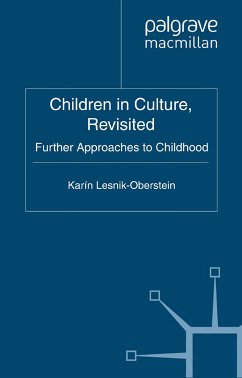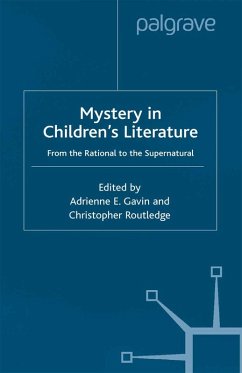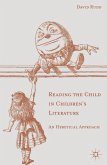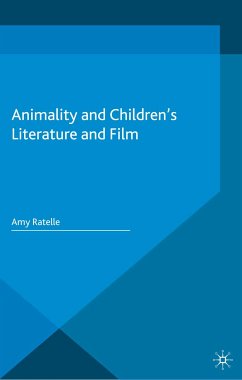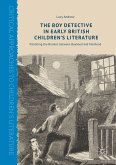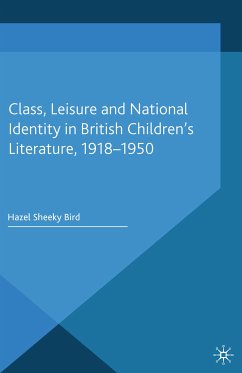Dieser Download kann aus rechtlichen Gründen nur mit Rechnungsadresse in A, B, BG, CY, CZ, D, DK, EW, E, FIN, F, GR, HR, H, IRL, I, LT, L, LR, M, NL, PL, P, R, S, SLO, SK ausgeliefert werden.
'O'Malley's recognition of Robinson Crusoe as an enduring media event will, one hopes, spur other scholars to revisit the history of
this western classic and consider that Crusoe's legacy may not be built upon the power of Defoe's prose or narration, but rather on derivatives and adaptations that were frequently revised to reflect the ideas and values of a rapidly evolving society.' - Jordan Howell, University of Delaware, USA
'Weaving together social history, textual analysis, impressive archival research, and lucid theoretical argument, Children's Literature, Popular Culture, and Robinson Crusoe is a tour de force of scholarship.' - Susan Naramore Maher, Children's Literature Association Quarterly
'O'Malley's study is interesting, insightful, and enjoyable.' - The Year's Work in English Studies

